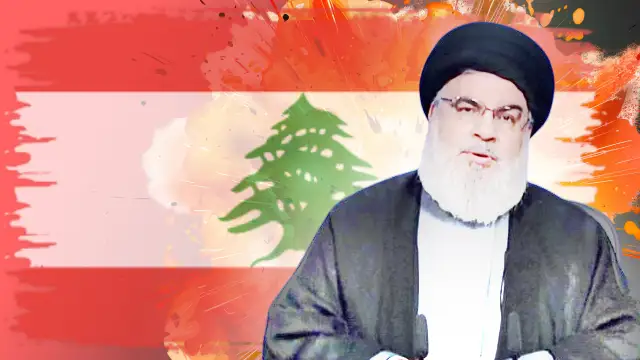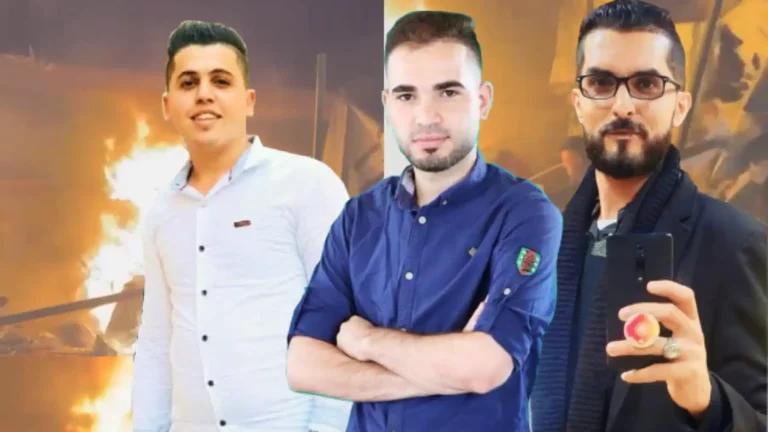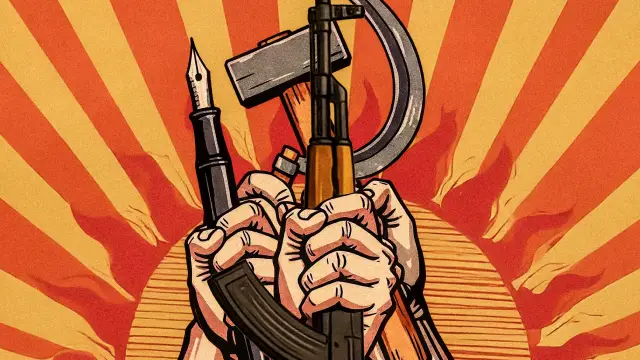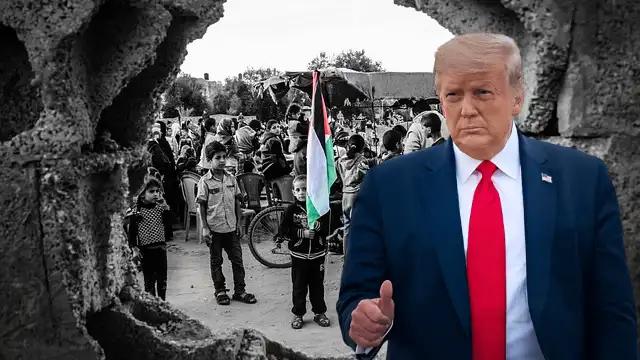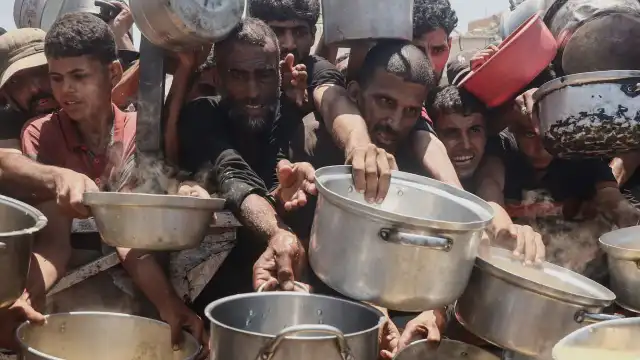As Israel continues pounding southern Lebanon, following a decision by its Chief of Staff Major General Herzi Halevi, with airstrikes targeting Dier Qanoun, Jnata, Froon, Qusair, Kabrikha, Hennyeh, Jeb Sweed and Mansouri, all eyes have been on Hezbollah Chief Hassan Nasrallah’s speech following the massive pager blasts and other electronic device explosions that rocked the country on Tuesday and Wednesday.
Mr Nasrallah’s speech was divided into three parts, as the Hezbollah chief wanted to emphasise the ethical and humanitarian side of the past two days, along with the facts, and highlight the general and political stance to be adopted by the resistance organisation after the recent developments.
During his speech, Mr Nasrallah thanked the Lebanese authorities, hospitals and people for their support during the incessant pager and walkie-talkie explosions that rocked the country. He also thanked the countries that provided support to Lebanon, including the Iraqi government, the Islamic Republic of Iran and the Syrian government. He also expressed his gratitude to the countries that called Lebanon and expressed their concerns.
Turning his spearhead towards Israel, the Hezbollah chief claimed that the Israeli enemy has “crossed the red lines on Tuesday as it detonated thousands of pager devices simultaneously”.
He criticised Israel for using a civilian tool to launch an attack across the country, in markets, pharmacies, hospitals, and funerals.
Mr Nasrallah claimed that the Israeli enemy knew the pagers were used by more than 4,000 people so it intended to kill them all within a minute. Moreover, it also wanted to kill all those using walkie-talkies so it planned to kill 5,000 people within minutes, he alleged.
Israel has so far not accepted responsibility for the blasts, which the Russian Ministry of Foreign Affairs labelled as a “terrorist” strike.
To investigate the blasts that killed over 25 people and injured thousands, technical and security committees have been formed, Mr Nasrallah’s speech, broadcast on Al Manar TV, mentioned.
He accepted that Hezbollah has been exposed to a “major and unprecedented blow on the security and humanitarian levels”.
“This is the case in the war, and we know that our enemy has superiority on the technological level because it’s backed by the West,” Mr Nasrallah said.
He, however, didn’t elaborate on what would be its response to the attacks but highlighted Hezbollah’s victory in northern Israel, without specifying details. Rather, he emphasised the need for sacrifices by the resistance.
“We rely on sacrifices offered by our people, as well as attrition and accumulation of points against the Zionist enemy in a bid to achieve victory,” Mr Nasrallah said.
He claimed that the front established by Hezbollah in the north of Israel to support Gaza has been effective. He also claimed, “When the enemy describes the events in the north as the first historical defeat for ‘Israel’, it is another evidence of the effectiveness of our front.”
On the threat of an imminent war with Israel, Mr Nasrallah said, “We say to (Yoav) Gallant and (Benjamin) Netanyahu that Lebanon front will not stop before the aggression on Gaza stops.”
He emphasised that Israel’s efforts to hit the command centre of Hezbollah through Tuesday’s and Wednesday’s attacks, to spread a “state of weakness and confusion”, also failed. He said, “Today I assure that the resistance’s organisational structure was not shaken and thanks to the sacrifices of our people this structure is strong and cohesive enough.”
“What happened affected neither our resolve, our command and control system, our readiness, nor our presence on the fronts, but rather it will increase our strength and presence,” Mr Nasrallah added.
While highlighting the heightened morale of Hezbollah, Mr Nasrallah’s speech also stressed that the tension will de-escalate only when the Israelis stop violence in Gaza and the West Bank. He repeatedly threatened the Israelis with dire consequences while he wrapped up his pre-recorded speech.
Although Mr Nasrallah’s speech was full of rhetoric, it didn’t clarify whether Hezbollah is ready to face Israeli aggression in South Lebanon. He also didn’t clarify how the resistance will deal with the ongoing airstrikes across southern Lebanon.
Mr Nasrallah’s speech was indicative that though the resistance has extreme motivation to fight the Israelis, the latter has been out-manoeuvering them using its technological superiority. Mr Nasrallah’s speech also didn’t indicate how Hezbollah will deal with the communications blackout issue caused by this week’s pager and walkie-talkie blasts.
Join our channels on Telegram and WhatsApp to receive geopolitical updates, videos and more.

